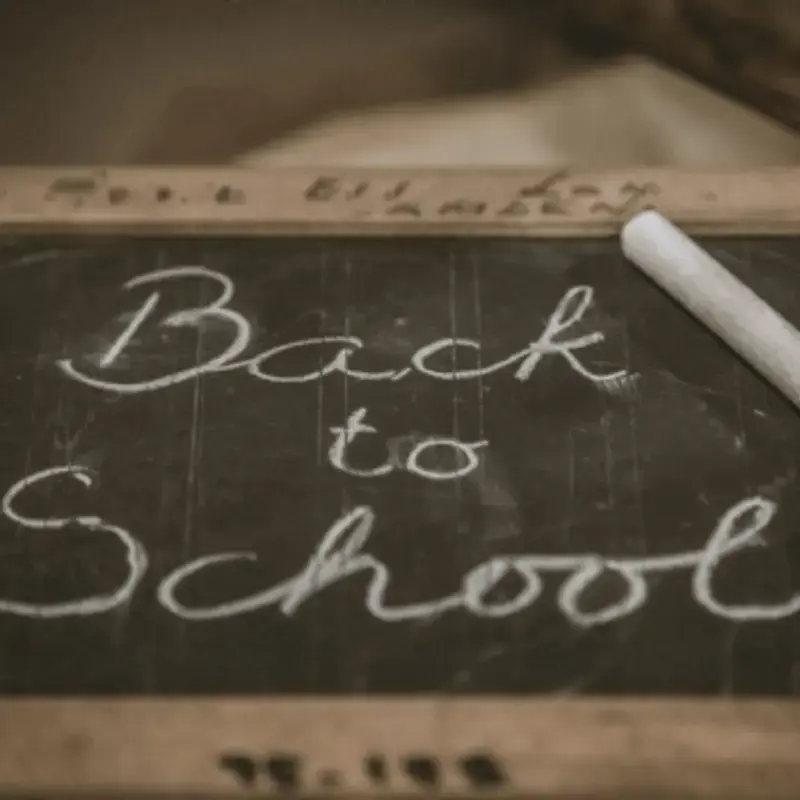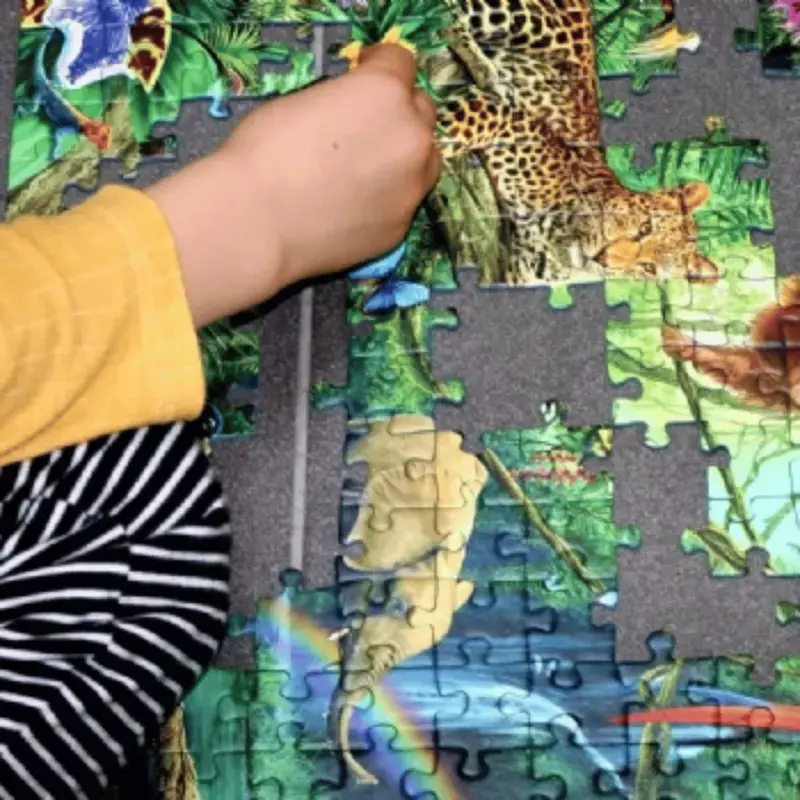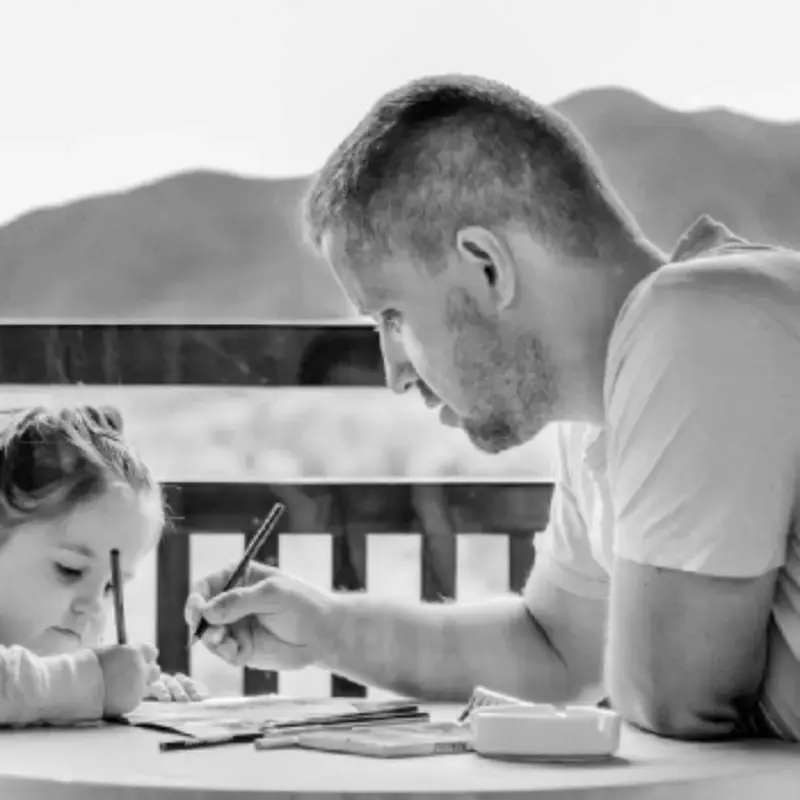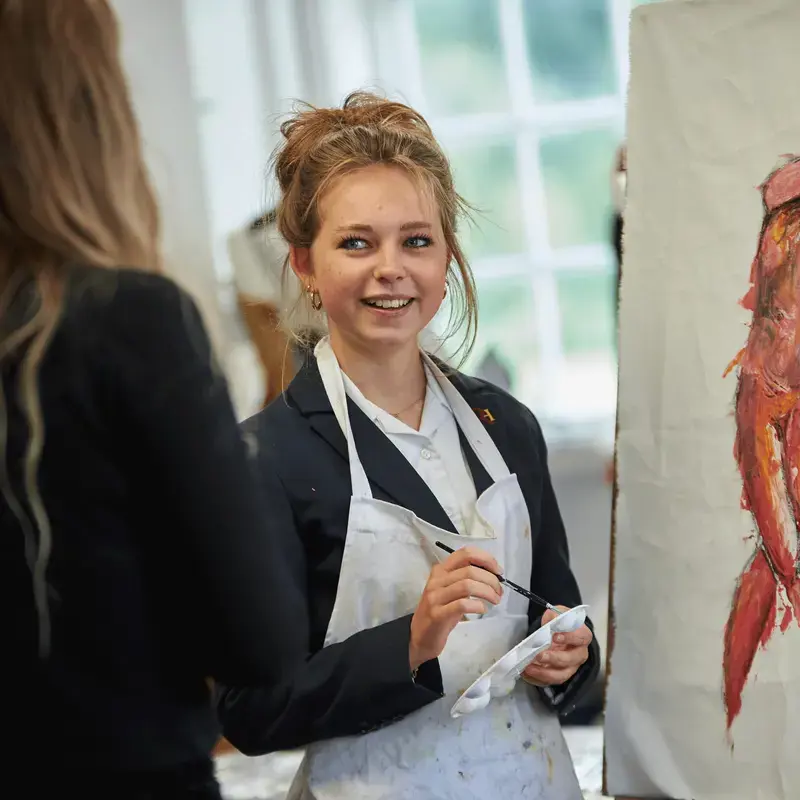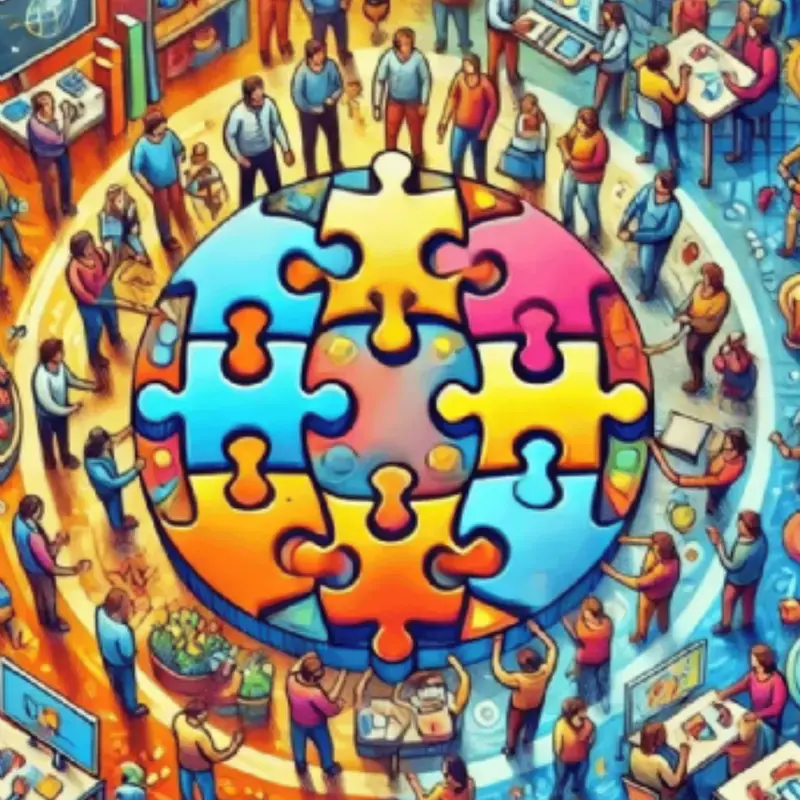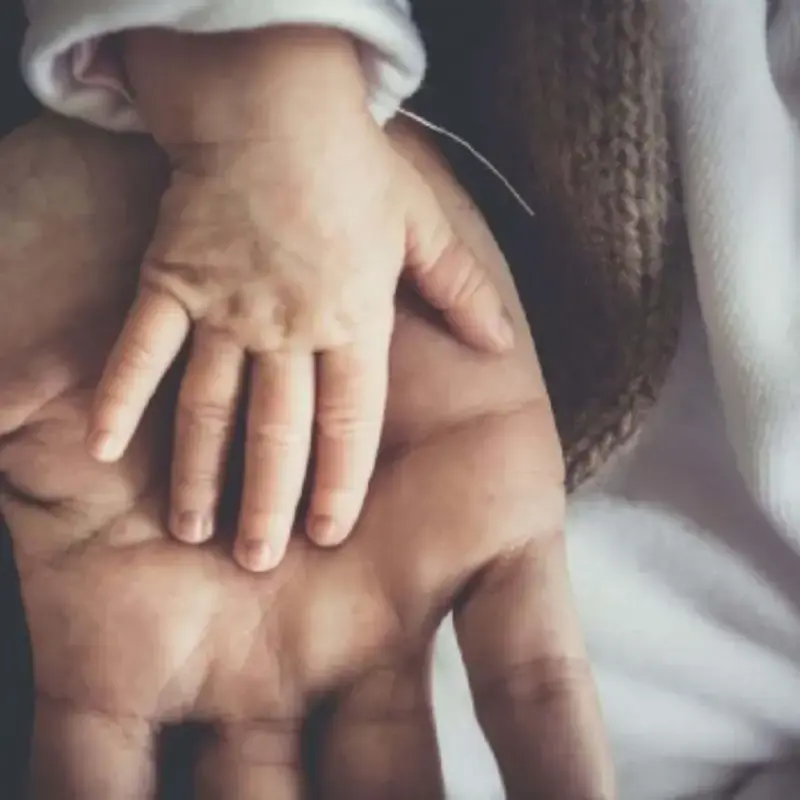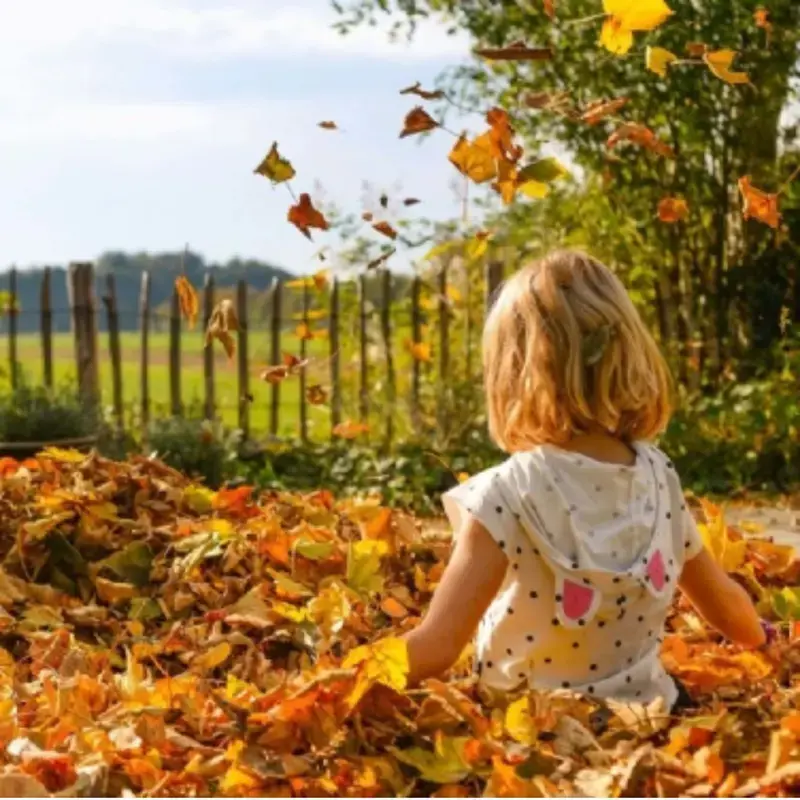What Happens When Trusted Voices Falter?
What the BBC crisis teaches us about our children navigating an uncertain world.
Over the past week, the BBC's reputation has been under the spotlight as allegations of editorial bias continue to swirl. Senior resignations and intense public scrutiny have raised important questions about trust, impartiality and accountability. For children, these moments can be disorientating – if the BBC can get it wrong, who can they rely on?
Moments like this also provide a powerful opportunity for parents as they create a natural point of reflection about how we help our children navigate an uncertain world. Below are five practical ways parents can use the BBC story to support their children’s critical thinking, resilience and confidence.
1. Model healthy scepticism – a key challenge for young people is learning to question information which seems to come from a position of authority. Many children will be obsessed with social media, indeed 76% receive news daily and 96% use it weekly as their only source of news. However, a biased algorithm is just the same as a biased news agency, we need to develop a questioning mindset when analysing new information.
2. Teach children to evaluate sources – one of the most important lifelong skills is the ability to understand where information comes from. Who says what, and why are they saying that? As a parent, you may like to start a conversation using the following questions:
a. Who produced this content?
b. What evidence are they relying on?
c. Why might this influence their story?
d. Why might they be promoting their story?
3. Discuss accountability – the BBC has already acknowledged that mistakes were made in the reporting of some recent news features. This provides a useful lens to consider transparency and judgment. What happens when we make a mistake? How do we atone and correct it?
4. Support children during uncertainty, but don’t avoid it – Young people increasingly see the world through a different frame to the one we grew up with. Adults sometimes underestimate how unsettling public controversy can be for young people and at these times we need to normalise uncertainty and build resilience.
5. Encourage a balanced information diet – with the proliferation of mobile phones and increasingly algorithm-inspired news feeds, children can be fed a diet of highly amplified content designed to cause outrage and retweets. Encouraging and sharing a diversity of sources is helpful. For example, parents could show how the BBC is addressing the problem through transparency and reflection.
A Final Reflection
As a school, we aim to help young people to become knowledgeable and discerning, capable of engaging with the world around them whilst maintaining a healthy scepticism and a strong moral compass. While the BBC story provides a frame through which to analyse some of these complex points it also offers a narrative as to how trust can be rebuilt and bias overcome. Collectively, these opportunities allow children to grow both knowledgeable and wise.


